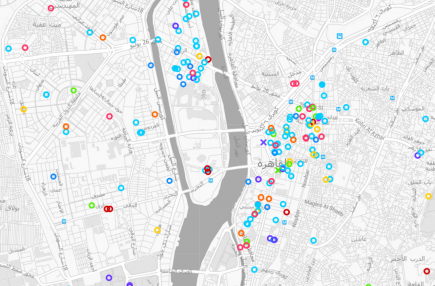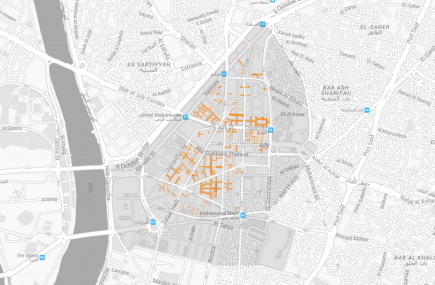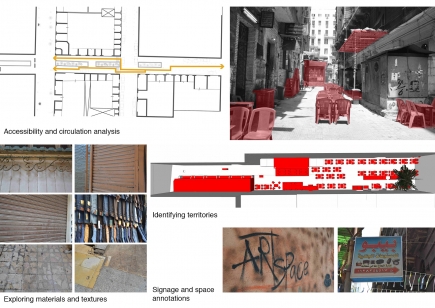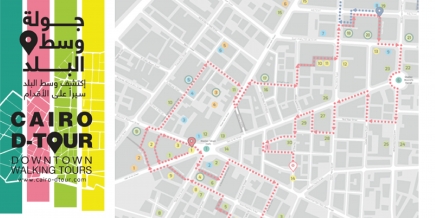| Type: | |
| Areas of Focus: | |
| Activities: | |
| Resources: | |
| Address: | inside the Housing and Building Research Center, 87 El Tahrir, St, Dokki, Giza |
| Website: | www.unhabitat.org/egypt/ https://www.facebook.com/UNHABITAT/?fref=nf |
| Email: | katja.schaefer@unhabitat.org |
The United Nations Human Settlements Programme, UN-Habitat, is the United Nations agency for human settlements. It is mandated by the UN General Assembly to promote socially and environmentally sustainable towns and cities with the goal of providing adequate shelter for all.
Towns and cities are growing today at unprecedented rates setting the social, political, cultural and environmental trends of the world, both good and bad. In 1950, one-third of the world's people lived in cities. Just 50 years later, this rose to one-half and will continue to grow to two-thirds, or 6 billion people, by 2050. Cities are now home to half of humankind.
Cities are the hubs of much national production and consumption - economic and social processes that generate wealth and opportunity. But they also create disease, crime, pollution, poverty and social unrest. In many cities, especially in developing countries, slum dwellers number more than 50 per cent of the population and have little or no access to shelter, water, and sanitation, education or health services. It is essential that policymakers understand the power of the city as a catalyst for national development. Sustainable urbanisation is one of the most pressing challenges facing the global community in the 21st century.
UN-Habitat's programmes are designed to help policy-makers and local communities get to grips with the human settlements and urban issues and find workable, lasting solutions. The organization's mandate is outlined in the Vancouver Declaration on Human Settlements, Habitat Agenda, Istanbul Declaration on Human Settlements, the Declaration on Cities and Other Human Settlements in the New Millennium, and Resolution 56/206. UN-Habitat's work is directly related to the United Nations Millennium Declaration, particularly the goals of member States to improve the lives of at least 100 million slum dwellers by the year 2020, Target 11, Millennium Development Goal No. 7, and Target 10 which calls for the reduction by half of the number without sustainable access to safe drinking water.
UN-Habitat's strategic vision is anchored in a four-pillar strategy aimed at attaining the goal of Cities without Slums. This strategy consists of advocacy of global norms, analysis of information, field-testing of solutions and financing. These fall under the four core functions assigned to the agency by world governments - monitoring and research, policy development, capacity building and financing for housing and urban development.









